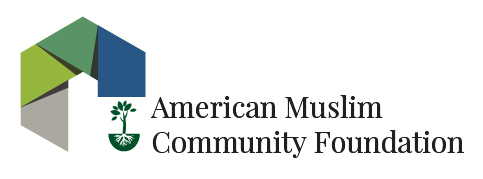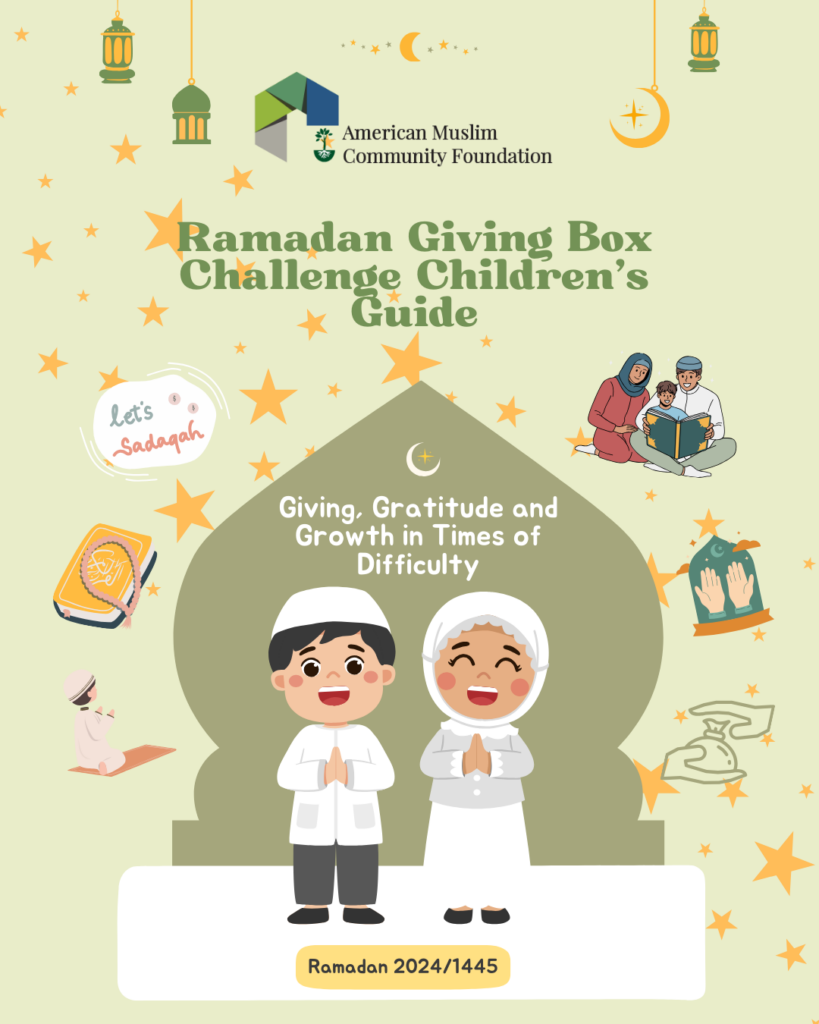With Ramadan’s arrival, we construct the link between this sacred month and philanthropy, shedding light on its significance and impact on nonprofits, with insights into how Muslims observe Ramadan and engage in charitable giving (Zakat), offering a unique perspective on this spiritual practice. Host Julia Patrick welcomes Muhi Khwaja, a trainer from Fundraising Academy and co-founder of the American Muslim Community Foundation. https://amuslimcf.org/ In a thought-provoking dialogue, Julia and Muhi engage in a deep look into the connection between faith and philanthropy, particularly during the holy month of Ramadan. Muhi explains, “Ramadan is a time of fasting, spiritual reflection, increasing worship, and good deeds.” He emphasizes the diversity of experiences within Ramadan, shaped by cultural influences and family practices. Addressing the intricacies of charitable giving during Ramadan, Muhi elaborates on the Islamic concept of zakat, highlighting its significance in the faith. He explains, “Muslims like to increase their charitable giving in Ramadan because of the additional blessings involved.” This principle of giving back is deeply ingrained in Islamic teachings, with zakat being one of the five pillars of Islam. Julia probes further, seeking clarity on the administration and distribution of zakat. Muhi describes that while in Muslim-majority countries, there may be government programs, individuals in the United States calculate and distribute zakat independently. He emphasizes the importance of adhering to the eight categories outlined in the Quran, ensuring that charitable contributions reach those in need. Transitioning to practical considerations, Julian asks about the timing and frequency of charitable giving during Ramadan. Khwaja details various approaches, from weekly contributions to leveraging technology for daily transactions, especially during the holier last ten nights of Ramadan. He underscores the individualized nature of giving while acknowledging communal guidelines that shape distribution practices. This fascinating episode also covers several other questions nonprofits sent in this week, around organizational partnerships, fundraising strategies, and sensitive scenarios involving donor relationships and program replication. #ramadanfundraising #zakat #ramadangiving
Podcast: Play in new window | Download


Recent Comments